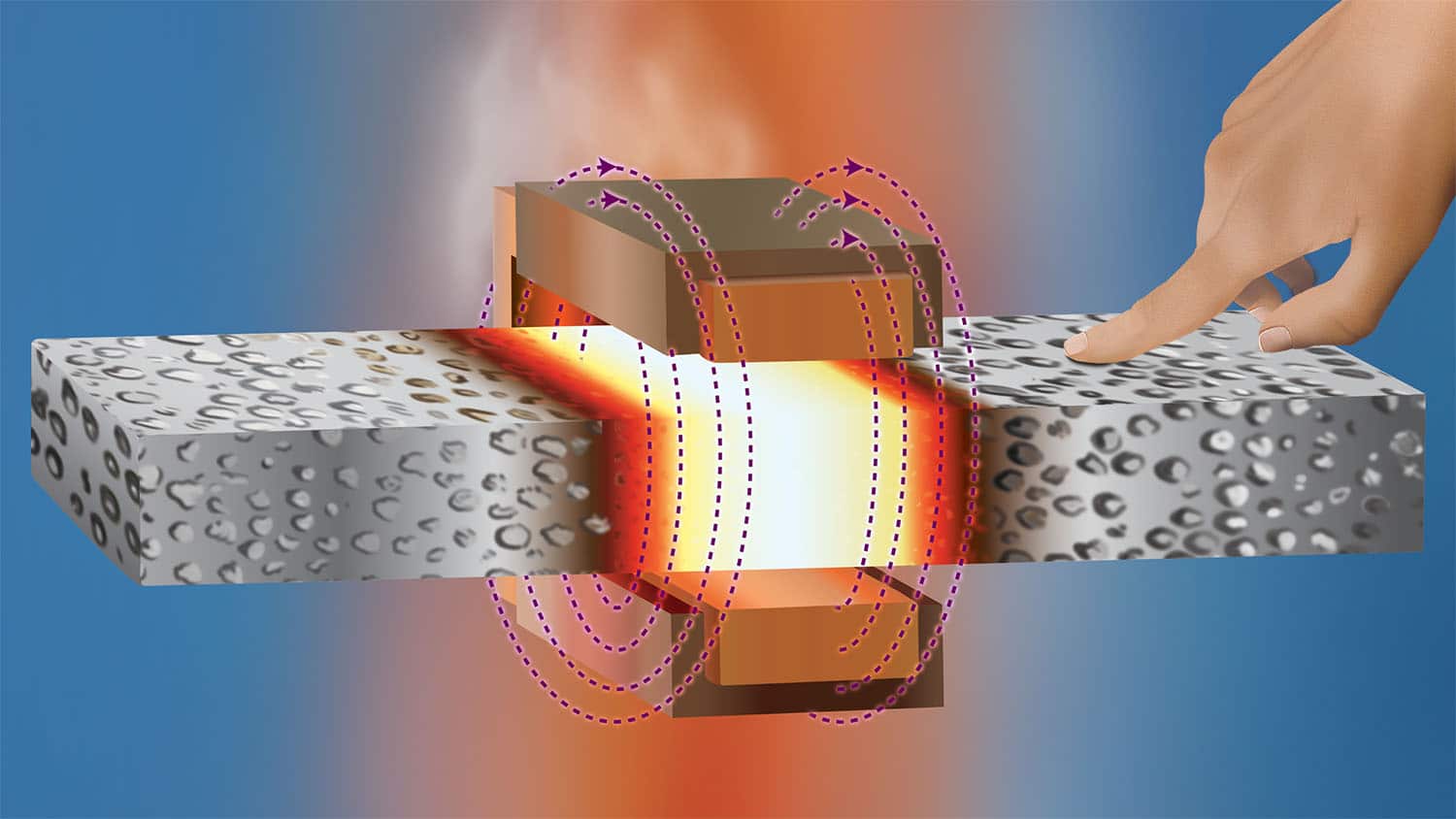2023-12-14 ノースカロライナ州立大学(NCState)

◆CMFは軽量で強力で高温に対する断熱性があり、飛行機やアーマーなど広範な用途が期待されています。新しい溶接法により、CMFの特性を損なわずに複数のコンポーネントを結合できるため、さまざまな分野での利用が進む可能性があります。
<関連情報>
- https://news.ncsu.edu/2023/12/welding-metal-foam/
- https://onlinelibrary.wiley.com/doi/10.1002/adem.202301430
多孔質金属と金属発泡体の溶接に関する研究 A Study on Welding of Porous Metals and Metallic Foams
Afsaneh Rabiei, John Cance, Zubin Chacko
Advanced Engineering Materials Published: 16 November 2023
DOI:https://doi.org/10.1002/adem.202301430
Abstract
Metal foams are lightweight materials with exceptional impact energy absorption and unique thermal properties. Integrating these novel materials into large structural components requires developing appropriate welding techniques that preserve their bulk performance. Traditional fusion welding methods are ill-suited for metal foams due to their porous structure, which tends to be filled during welding, compromising performance. This study focuses on solid-state welding techniques, including friction stir welding (FSW) and induction welding, to join metal foams without adversely affecting their cellular structure. The results reveal challenges with FSW; it generates excessive heat during welding, filling the foam’s porosities and disrupting its cellular structure. In contrast, induction welding is an effective method for joining composite metal foam (CMF) panels without compromising their structural integrity. The matrix between the porosities in CMF facilitates the penetration of eddy current, promoting the induction welding process. The mechanical properties of the weldments are studied through uniaxial tensile tests, while microstructural characterization of the weldment is evaluated using scanning electron microscopy. The results provide insight into the effect of various welding parameters (e.g., welding temperature, workpiece thickness, and welding environment) as well as the suitability and restrictions of such welding methods in joining CMFs.



